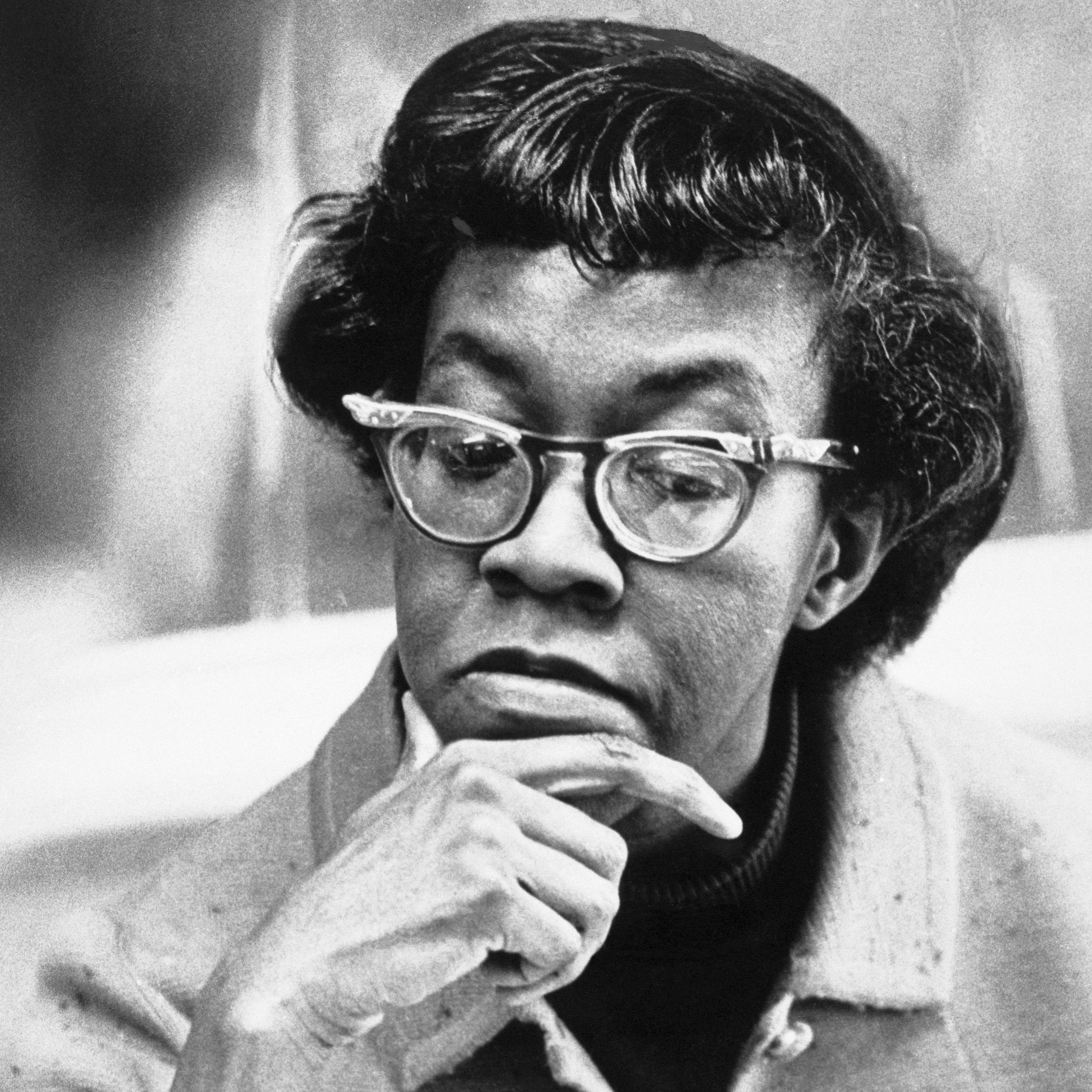to Running Boy
The Boy died in my alley
without my Having Known.
Policeman said, next morning,
"Apparently died Alone."
"You heard a shot?" Policeman said.
Shots I hear and Shots I hear.
I never see the Dead.
The Shot that killed him yes I heard
as I heard the Thousand shots before;
careening tinnily down the nights
across my years and arteries.
Policeman pounded on my door.
"Who is it?" "POLICE!" Policeman yelled.
"A Boy was dying in your alley.
A Boy is dead, and in your alley.
And have you known this Boy before?"
I have known this Boy before.
I have known this boy before, who ornaments my alley.
I never saw his face at all.
I never saw his futurefall.
But I have known this Boy.
I have always heard him deal with death.
I have always heard the shout, the volley.
I have closed my heart-ears late and early.
And I have killed him ever.
I joined the Wild and killed him
with knowledgeable unknowing.
I saw where he was going.
I saw him Crossed. And seeing,
I did not take him down.
He cried not only "Father!"
but "Mother!
Sister!
Brother."
The cry climbed up the alley.
It went up to the wind.
It hung upon the heaven
for a long
stretch-strain of Moment.
The red floor of my alley
is a special speech to me.
Published:
1975
Length:
Regular
Literary Movements:
Black Arts Movement
Anthology Years:
2022
Themes:
Death & Loss
Police Brutality
Violence & War
Literary Devices:
Dialogue
conversation between two or more people as a feature of a book, play, or movie
End Rhyme
when a poem has lines ending with words that sound the same
Personification
the attribution of human qualities to a non-human thing
Repetition
a recurrence of the same word or phrase two or more times

